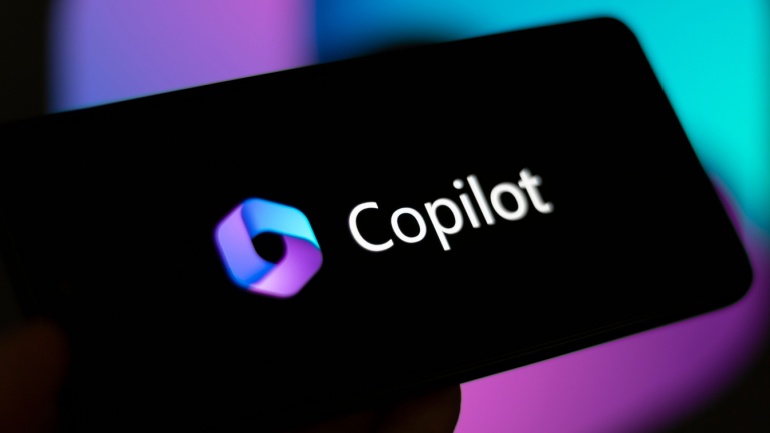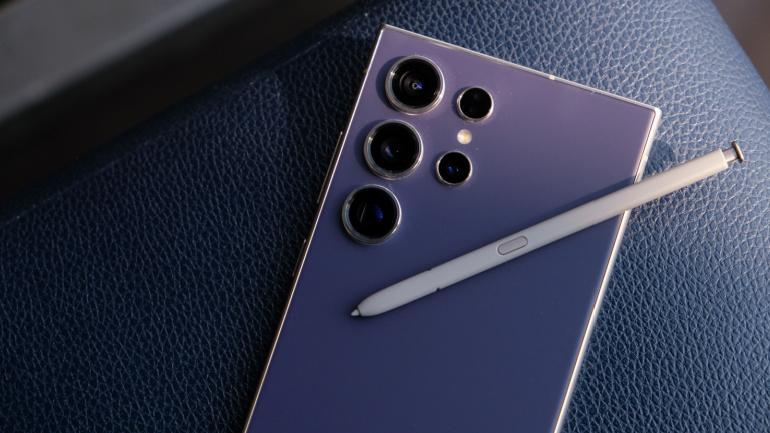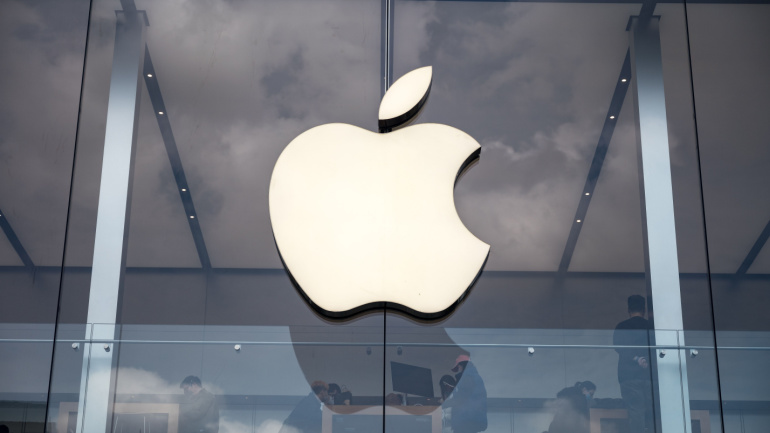BT Group, Nokia, and Qualcomm have successfully tested 5G Standalone (SA) 5CC carrier aggregation at Adastral Park, making BT the first European operator to achieve this milestone. Utilizing Qualcomm’s Snapdragon 5G Modem-RF system and Nokia’s 5G AirScale portfolio, the tests achieved downlink speeds of 1.85 Gbps, highlighting the potential of 5G SA.
Microsoft made waves in the tech world this week with the launch of their new line of Copilot+ PCs, aimed at enhancing productivity through AI integration. Among the various features boasted by these innovative devices, one in particular, known as Recall, is drawing attention for its potential privacy implications.
Nokia unveiled specialized, private AI models for the telecom sector to improve network operations and customer service. A coalition of 10 governments agreed on principles for secure 6G networks. IBM and the GSMA have launched a global AI training initiative to bridge the AI knowledge gap among telecom operators. Qualcomm’s Snapdragon X80 modem chip introduces 5G-Advanced support with up to 10 Gbps speeds and six-carrier aggregation.
In a significant stride towards making its 5G network more robust for future technologies, Finland’s Elisa has successfully tested a new uplink carrier aggregation technology. This test, a collaboration with telecom giants Ericsson and Qualcomm, marks a leap in preparing for the demands of the metaverse and other advanced applications.
Vodafone, Xiaomi, and Qualcomm Technologies Inc have achieved a pivotal breakthrough in 5G advancements. Successfully trialing an innovative 5G uplink technology, these giants have demonstrated unprecedented upload speeds, reshaping the digital landscape.
In a strategic move to enhance the appeal of its smartphones, South Korean tech giant Samsung has joined forces with Google and Qualcomm, marking a significant collaboration in the tech industry. The focus of Samsung’s latest Galaxy S24 series launch lies in the integration of generative AI, a result of the newfound partnership with Google Cloud.
Ericsson, Vodafone, and Qualcomm Technologies recently pioneered data transmission via RedCap on a European network for the first time, unlocking a more streamlined, efficient mode of connectivity for IoT and other devices. Tested on Vodafone Spain’s 5G platform, the Ericsson’s RedCap technology enhances connectivity potential while providing economic and efficient data transmission. Furthermore, the demonstration introduced a new technology, New Radio Light, for extending battery life of customer devices.
Just under a year ago, the tech world buzzed with anticipation over a new partnership between chip mogul Qualcomm and satellite firm Iridium. The aim? Integrating satellite-to-phone services via Snapdragon Satellite and Iridium’s resources. However, a recent shift in direction caught the industry’s attention. Despite a successful demo, smartphone manufacturers didn’t opt to incorporate this feature, leading Qualcomm to end the agreement. Yet, in the face of disappointment, Iridium remains optimistic, envisaging an industry veering towards greater satellite connectivity. As earthquakes ripple across the telecoms landscape, all eyes await what’s next.
Emerging from the tech world, the AI Pin—an innovative, screen-free wearable gadget—incorporates artificial intelligence to facilitate verbal engagement and numerous other unique functionalities. Embedded into a shirt, it provides easy, hands-free access to information and personal communication. It features an unusual ability to support nutritional goals, leveraging computer vision technology to identify various food items. Functioning on the tailored OS, Cosmos, the AI Pin tries to simplify user interaction with AI, by veering away from the conventional method of downloading or launching apps. With no need for smartphone pairing and its claim of not eavesdropping on user’s conversations, it offers a fresh take on consumer technology.
Exploring Apple’s groundbreaking leap in silicon innovation with their latest M3, M3 Pro, and M3 Max products, it’s evident that personal computer processing is being redefined. Promising substantially expedited rendering times and performance enhancements across the board, Apple offers these not as mere upgrades, but as game-changers in the hardware world. Furthermore, these innovations signal noteworthy shifts in the broader landscape of PC CPU chips, traditionally dominated by Intel and AMD, now facing exciting competition. Dive deeper to discover the impact of these changes in the world of technology.













